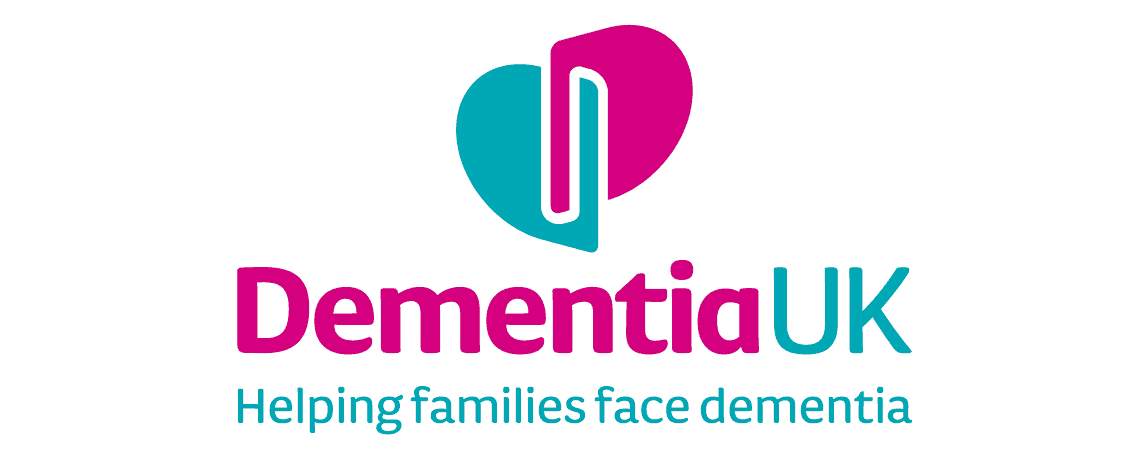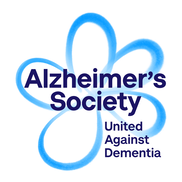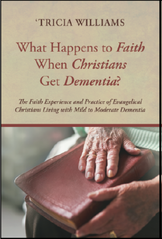Resources: Living with Dementia
To see the recorded talks from the online conference on 24th June 2021, click here
Spiritual and Pastoral Care of those with Dementia: The Revd Deacon Corinne Smith, Former Hospital and Hospice Chaplain for Older People's MedicineSETTING THE SCENE
Life can be made meaningful by addressing 3 types of values (Viktor Frankl) Creative, Experiential and attitudinal. 1. Creative – eg baking, gardening, painting etc 2. Experiential –
Can be both religious and non-religious eg birthdays/ New Year
Say who you are “Hello, I’m Sue the pastoral visitor. It’s Wednesday today. That’s the day I come and visit here”. Memory cueing – Know as much as you can about the person. What cues might work. Sounds. Smells. Rosemary from the garden. Model cars. Railway magazines etc Remember your purpose in visiting. Relationship-building.
CONCLUSION Christians believe that we are all made in the image of God. This means, no matter how distorted or marred that image might become as a result of illness, age or infirmity, every single person is unique and precious to God. Isaiah 43:1 “I have called you by name, you are mine”. As well as this, don’t ever assume that because someone is non-verbal, that God isn’t still at work in that person. Always be aware of the capacity for growth. |
Faith in Older People: Enabling a better understanding of the importance of the spiritual dimension to the well-being of older people
|





